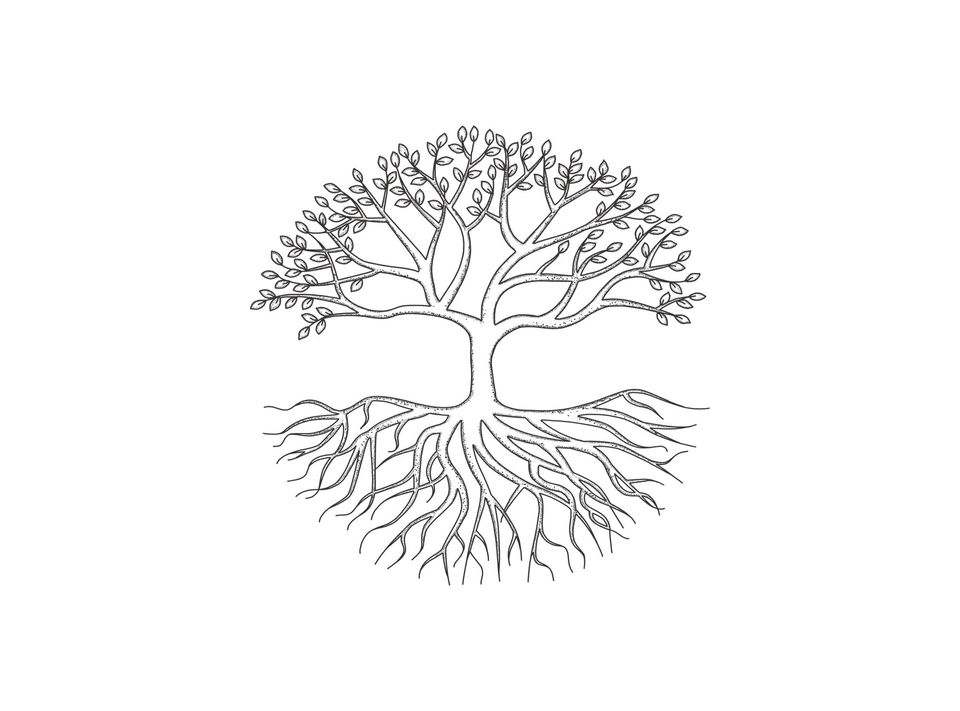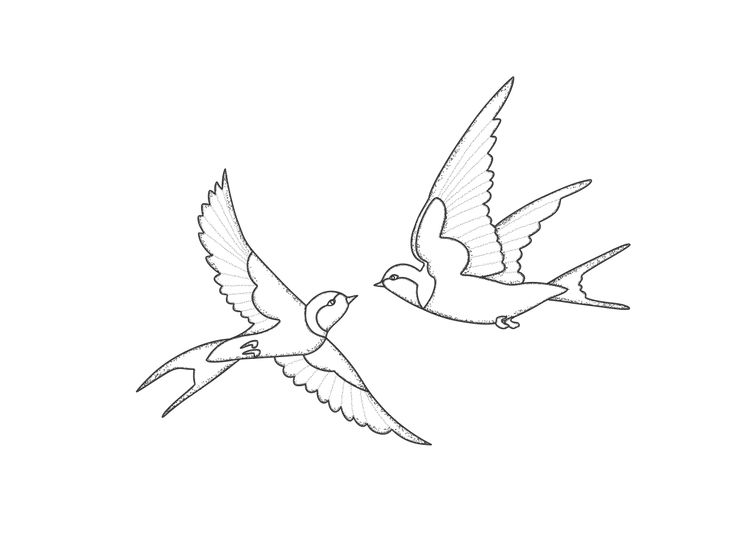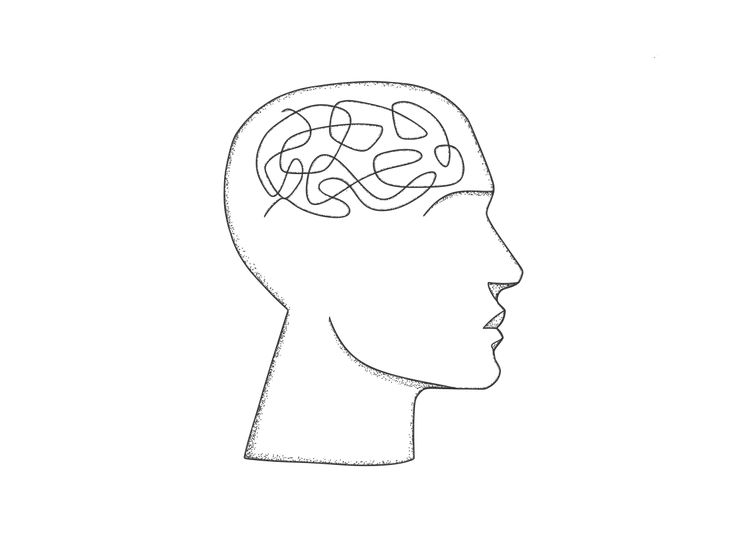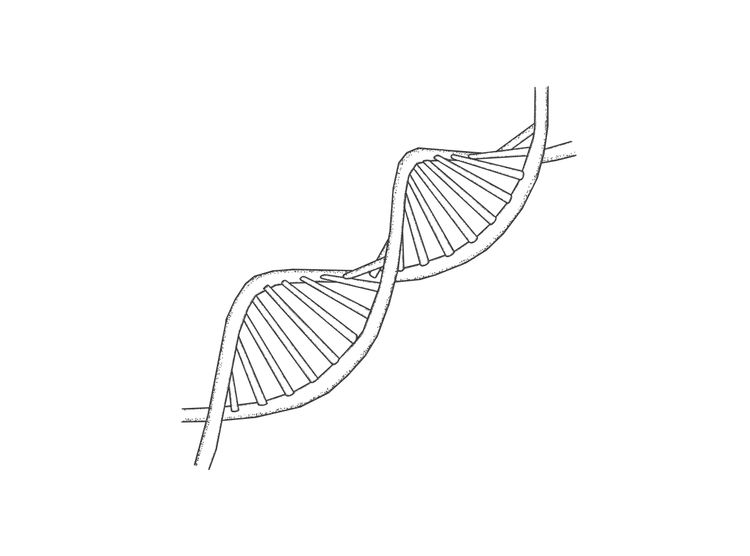Belonging

How we long to belong! We spend our lives in search of love and acceptance—from friends, from family, our spouses, and work. We strive to belong, yet the longing remains. Could it be that what we seek cannot be found in the places we look?
We cannot belong to others. We are not theirs to possess. We belong to ourselves.
When we belong to ourselves, we know what we value, and what causes us anger and pain.
We belong to ourselves when we know our gifts, and what we have to offer the world.
When we belong to ourselves we know our faults and flaws, and find the generosity to accept ourselves anyway.
We belong to ourselves when we open our heart to the frightened child who lives in us still, and love and protect them just as we protect and love our own children.
We belong to ourselves when we recognize that each of us is a unique expression of the universe, and therefore the most valuable thing that has ever existed, requiring our deepest respect.
When we love and accept ourselves, we heal and become whole. We know how we belong to the world. We do not need its recognition, or approval, or even love. We are here to live by what we believe, and be ourselves—joyful, maddening, playful, confusing, magnificent, ever changing, love giving.
For the longest time, I spent my adult life reenacting a powerful story I told myself about my childhood that had me in its thrall—my betrayal when I was sent to boarding school at the age of ten. (I hope one day to find the courage to write about my abuse there.) I would find father figures at work, and grind myself into the ground seeking their approval. It would always end in my betrayal. (One astute boss, the CEO, told me: "I am not your father, Ben.")
One day during a guided meditation (I wrote about the technique here) I had a life-changing experience. I was in the "house of me". I found the dark part of my lovely house through a trap door in the floor. I fell through it into a cellar, where I was a ten-year old boy again, abandoned to the darkness and to the whispers of beings I could not see, but who I knew meant me harm.
After hanging out with my terror for a while, my adult self appeared above me, reached down through the trap door, grabbed my hand, pulled me out, and told me it was ok and I was safe. It was an emotional moment.
I cannot say the healing that has followed has entirely dissolved my childhood traumas. They are still there in the shadows beneath my house. But they are less potent, and have less of a hold on me.
Writing this tiny essay about belonging had me thinking about marriage, or any kind of loving relationship for that matter, and how when we approach it with an overactive need for love, or validation, or reassurance, we sometimes leave no space for love itself, which I believe to be a best effort to experience the world through someone else's heart. I sometimes find it helpful to remind myself in my marriage to my lovely wife Louise that we do not belong to each other, and that, paradoxically, love starts with acknowledging that separateness.
The Lebanese-American poet Khalil Gibran writes of love in marriage as a "moving sea between the shores of your souls":
You were born together, and together you shall be forevermore.
You shall be together when the white wings of death scatter your days.
Ay, you shall be together even in the silent memory of God.
But let there be spaces in your togetherness,
And let the winds of the heavens dance between you.
Love one another, but make not a bond of love:
Let it rather be a moving sea between the shores of your souls.
Fill each other’s cup but drink not from one cup.
Give one another of your bread but eat not from the same loaf.
Sing and dance together and be joyous, but let each one of you be alone,
Even as the strings of the lute are alone though they quiver with the same music.
Give your hearts, but not into each other’s keeping.
For only the hand of Life can contain your hearts.
And stand together yet not too near together:
For the pillars of the temple stand apart,
And the oak tree and the cypress grow not in each other’s shadow.
Each week I explore a life metaphor that has touched me in my coaching. Subscribe to get my scribblings every Sunday morning. You can also follow me on Medium, or on LinkedIn. Feel free to forward this to a friend, colleague, or loved one, or anyone you think might benefit from reading it.





